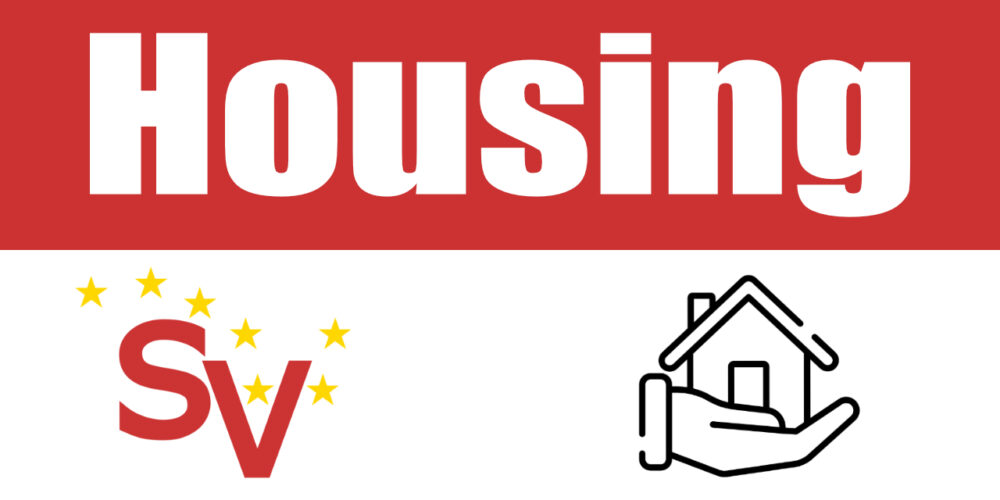Early in March, Leo Varadkar said, “renters need landlords, and landlords need renters. We don’t have enough landlords.” As the leader of the largest landlord party in the Dáil, it is unsurprising that this is his proposed solution to the housing crisis. It is also unsurprising that in the same week that the ban on evictions was lifted, Varadkar registered as a landlord himself. The landlord party now has a landlord leader, and that party will fight for their class interests as we have seen in the history of their policies in Ireland.
The housing crisis is not a new development in Ireland. The workers in the cities in the 1920s and 30s crowded into small flats with poor ventilation, and the answer from Cumann na nGaedheal (now Fine Gael) was to build homes. But these were unaffordable to many workers and solved nothing. When Fianna Fáil took power they began building social housing, as essentially the state was forced to adopt socialist policies. However the church and the landlord class could not have socialist policies in Ireland. A socialist policy means that the state solves issues for the benefit of the people, ignoring profiteering. The issue of the housing crisis is not one of enough homes in the eyes of the landlord class but rather of enough profit and land ownership.
Land is a finite resource: more cannot be created through labour, unlike other commodities. With housing being in short supply and demand increasing, landlords can charge inflated rents. This means that those who own land that is zoned for residential use can charge monopoly rent for the houses they build there. We see this happening as rents are increased every year, with the minimum wage unable to keep up with the costs. This creates a contradiction between the landlords and the capitalist class; if the workers have to use up all of their wages on rent then they can’t use those wages to spend on commodities for the profits of the capitalists.
The result of this contradiction comes about in two ways. The first is direct state assistance. From the 1930s to the 50s we saw this as the state building public housing across the country. However more recently we saw a ban on evictions, which gave some security to those in private rented accommodation. The second is pushing workers into extreme poverty and debt. We know the solution, it has been done before. State-built and -owned social housing not only worked in Ireland but also in Britain, before Thatcher began the privatisation of social housing. State-built housing also worked and works in socialist countries of the past and present, so why don’t we do this in Ireland?
The policies of the Irish government, past and present, have been in the interests of the landlord classes and investors. What is needed is an all-Ireland public housing plan, across the 32 counties, open to all citizens. A housing system such as this would be free from profit and private property. It would have the potential to not only ensure those facing eviction a sense of security but could house those in the direst need, the homeless. With 11,754 people in emergency accommodation, 3,431 of which are children,[1] the need for such a plan is urgent. The current landlord parties have shown they will not implement such a plan: property and profits are more important to them than those workers whom they exploit. Socialist policies, such as state-funded housing, have been proven to work and in the past have been stopped because they were working for those that need them.
“To say that socialism doesn’t work is to overlook the fact that it did work and it worked for hundreds of millions of people”
Michael Parenti
- Source: Homelessness in Ireland (website: https://homelessnessinireland.ie/)






